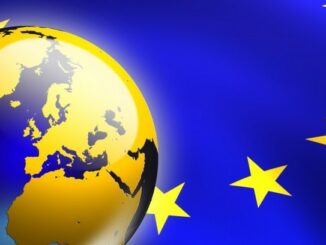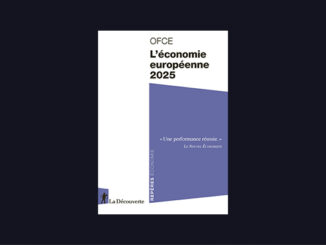
Le blog de l’OFCE fait peau neuve
Les chercheurs de l’OFCE sont heureux de vous présenter la nouvelle version du Blog de l’OFCE entièrement refondée avec les dernières avancées en termes d’édition […]

Les chercheurs de l’OFCE sont heureux de vous présenter la nouvelle version du Blog de l’OFCE entièrement refondée avec les dernières avancées en termes d’édition […]

Par François Geerolf Selon la note de conjoncture de l’Insee d’octobre 2023, le niveau de l’inflation sur les ménages dépendrait très peu du revenu : les […]




Jérôme Creel Les élections européennes de juin 2024 et la remise il y a quelques jours, du rapport sur la compétitivité de Mario Draghi sont […]

par Pierre Madec. Le gel du barème de l’impôt sur le revenu a été évoqué récemment comme une piste potentielle de réduction du déficit dans un […]

Compte rendu de la Journée d’études « L’Investissement public » du 15 décembre 2023 à Sciences Po Paris, dans le cadre du séminaire Théorie et économie […]

Bruno Coquet – Chercheur associé à l’OFCE La réforme de l’apprentissage de 2018 a stimulé la demande et l’offre de travail en apprentissage tout en […]

Antoine Parent, Université Paris 8, LED ; chercheur affilié OFCE, Sciences Po ; Cliometrics And Complexity, CAC – IXXI, Institut Rhône-Alpin des systèmes complexes Elster a publié […]
Copyright © 2025 | Thème WordPress par MH Themes